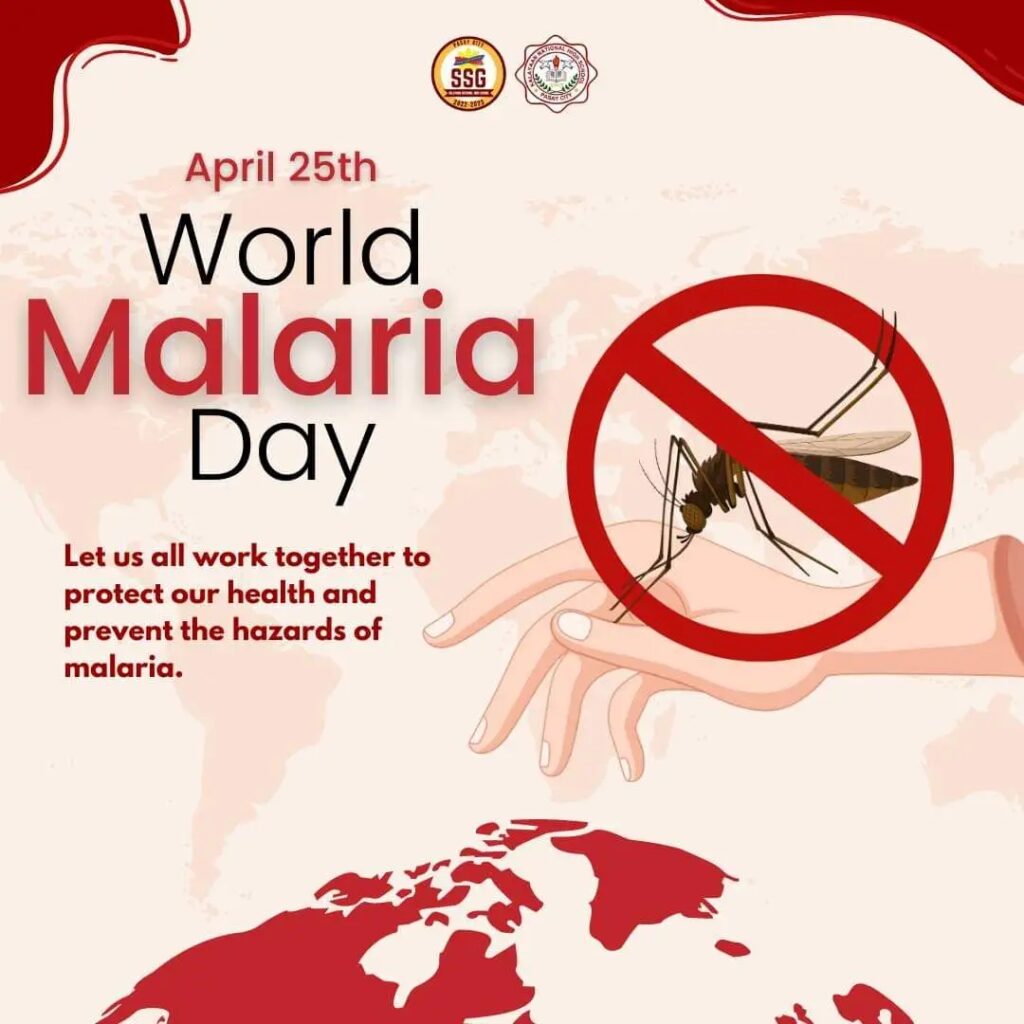The figures were revealed by the National Malaria Control Program (PNLP) in Cameroon on the occasion of the 16th World Malaria Day observed on April 25, 2023. This day is observed each year to draw the world’s attention to efforts to end malaria and encourage actions to reduce illness-related suffering and deaths.
This year, World Malaria Day is celebrated under the theme “It’s time to eliminate malaria: invest, innovate, implement”. As part of this theme, WHO focused on the third “I” – implement – and in particular on the crucial importance of reaching marginalised populations with the tools and strategies available today.
Malaria remains one of the diseases that affects many people in the Western region and Cameroon as a whole, because statistics show that 30% of consultations in health facilities are related to malaria.
According to Dr. Claude Belanquale, director of the Bangang Medical Centre in Bamboutos, malaria is caused by parasites.” Malaria is a disease caused by a plasmodium parasite, transmitted by the bite of infected mosquitoes and manifested by fever, joint pain, headache, lack of appetite and vomiting as signs and symptoms”.
“The severity of malaria varies depending on the plasmodium species and can generally be prevented by preventing the transmission of the plasmodium parasite by sleeping under long-term insecticide-treated mosquito nets, as recommended by the World Health Organisation. An insect repellent can also be used to prevent mosquito bites. In addition, the environment must be very clean and pregnant women can undergo prophylactic treatment to prevent possible infection, “adds Dr. Belanquale.
In terms of treatment, Dr. Belanquale says that the disease can be treated.
“Malaria can be treated depending on its severity. Simple malaria can be treated with combined therapy based on artemisin or amodiaquine, sulphadoxine or quinine tablets. Severe malaria can be managed with injectable treatments. ”
Cameroon is one of the 10 African countries with the highest number of malaria cases, but diagnosis and treatment remain poor. Since 2017, the armed conflict in the Northwest and Southwest regions has led to the displacement of more than 700,000 people and the closure of more than 35% of health facilities. As a result, many internally displaced persons (DIPD) were unable to access essential health services, including the prevention and treatment of malaria.




